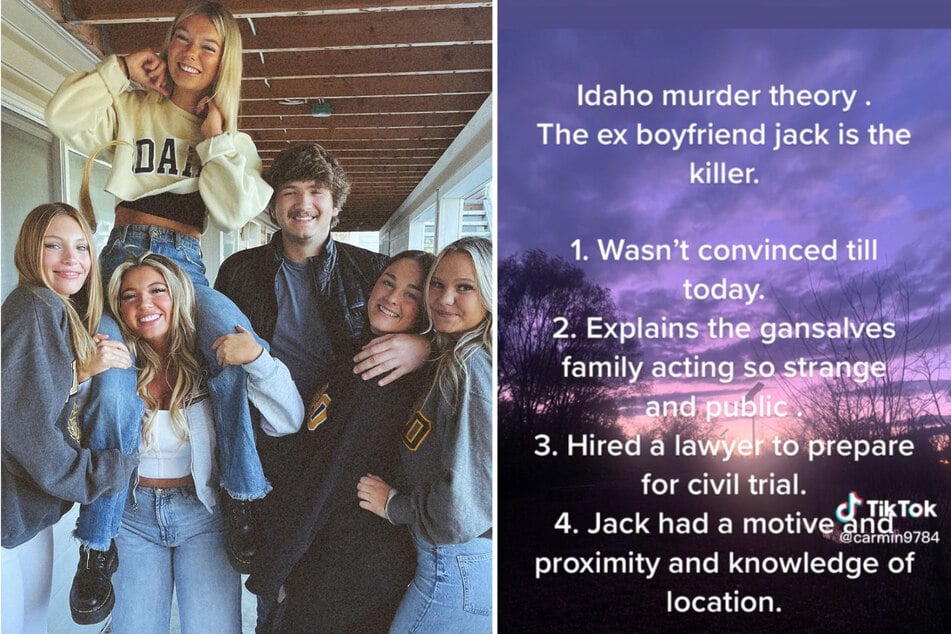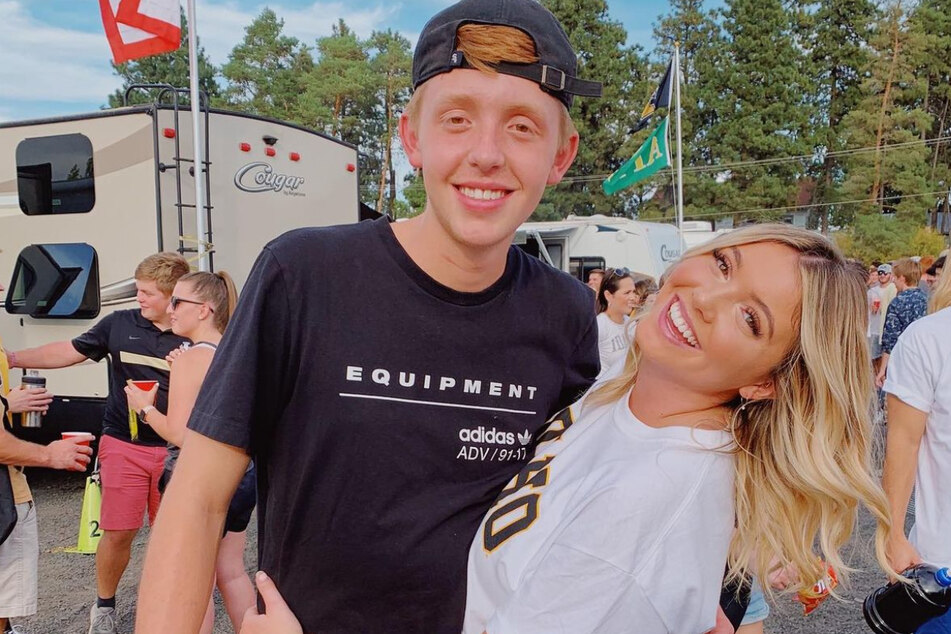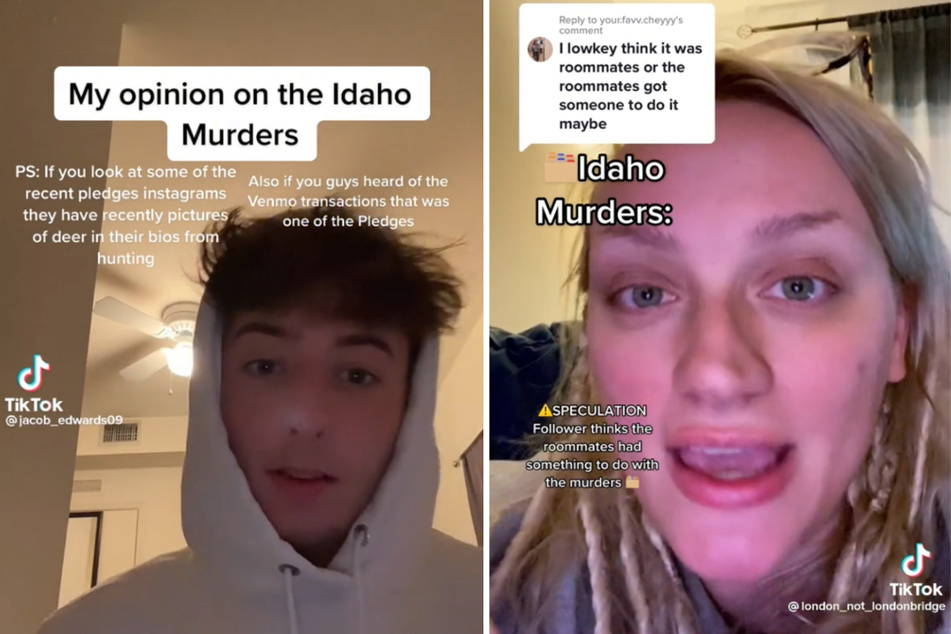Moscow murders: TikTok's obsession highlights the danger of true crime culture
Moscow, Idaho - It may be the golden age of true crime media, but TikTok's obsession with the Idaho quadruple murder case is signaling the damaging impact of this popular genre.

When news of the shocking murders of four college students in Moscow, Idaho broke in November, social media users quickly put on their detective hats to offer up their two cents on who they thought might be responsible.
As law enforcement kept their cards close to their chests during the investigation, Twitter, Reddit, and TikTok became the most popular forums for spreading theories about the case online.
The hashtag "Idaho4" now has over 700 million views on TikTok, while "idahomurders" has over 650 million. A Reddit community for discussing the case, r/MoscowMurders, now has over 100,000 members.
With the recent arrest of a suspect, 28-year-old Bryan Kohberger, it seems that nearly every theory posted online was incredibly far off the mark, and the rampant accusations waged against innocent people have already done immense damage.
Though much of the internet sleuthing is well-intentioned, the baseless accusations thrown around show increased desensitization towards these cases thanks to true crime media, where real-life tragedies are treated like a best-selling "whodunit" novel.
Social media theories about the Moscow killings targeted innocent people

Despite being cleared by police, Jack DuCoeur, the ex-boyfriend of victim Kaylee Goncalves, was targeted by internet sleuths who spread conspiracy theories suggesting his culpability in the heinous crimes.
Three weeks before the murders, DuCoeur and Goncalves amicably broke up after five years together.
DuCoeur's aunt, Brooke Miller, told the New York Post that her nephew was grieving the "love of his life" and expressed her frustration that "half of America" continues to fuel theories that he's responsible.
The two surviving roommates, who were home during the murders, were also popular targets of theories. The two women were both cleared by police in the early stages of the investigation, but many social media users continued to openly speculated that the story didn't add up.
Rather than promoting empathy for these young people who lost people so close to them, far too many have continued to dissect their behavior to fuel their conspiracy theories.
Internet response to Moscow murders illustrates the dangerous impact of true crime media

The massive popularity of true crime-centered media has undoubtedly contributed to this open speculation surrounding the Moscow murders.
Podcasts in particular can lead to gradual desensitization as a constant stream of murder discussions now provide the soundtrack for many people's daily commutes, cooking, and other mundane tasks.
Of course, widespread public interest in murder cases is hardly a new phenomenon. Unsolved cases like the death of JonBenét Ramsey have fascinated the public for decades with countless theories circulating the airwaves and kitchen tables about what really happened.
However, the age of social media has brought this attention to a dangerous new level, with the public having significant online access to those connected to the victims.
Numerous sleuths have identified individuals, many of whom had already been ruled out by investigators involved in the Moscow murders case, from Instagram photo tags. Some took it a step further and traced them throughout the internet, drawing "clues" from online interactions like Venmo or Twitch.
Those who were most frequently called out by these creators have been harassed online and even doxxed.
Such theories that are posed in the name of justice have directly caused harm to innocent individuals. It's this gradual desensitization that has led many to feel comfortable openly accusing those who have already been cleared by law enforcement officers.
What can be learned from the Moscow murders case?

The Moscow murder case may set a new precedent when it comes to making accusations online.
Rebecca Scofield, a professor from the University of Idaho who was targeted by TikTok sleuths, has sued a creator who repeatedly shared videos claiming that Scofield had planned the murders.
Of course, it's important to acknowledge that promoting awareness of case details and police calls to action – such as the search for the suspect's white Hyundai Elantra – can be immensely valuable to a case.
However, there is a clear distinction between promoting awareness of the ongoing investigation and attempting to crack the case yourself.
While tracing the publicly known digital footprints involved in the case may make you feel like you're onto something groundbreaking, the investigators are more than likely several steps ahead.
Members of the Moscow Police Department have come criticized much of the online speculation. "That's why we're focused now on just the critical information we need to release that actually helps the investigation," Public Information Officer Robbie Johnson said, per Northwest Public Broadcasting.
"And we've seen with these rumors that it's hurting people. And I don't know if people realize that," Johnson continued.
When it comes to complex and ongoing cases such as the Moscow murders, it may be best to take the speculative conversation offline.
Cover photo: Collage: Screenshot/Instagram/@kayleegoncalves & Screenshot/TikTok/@carmin9784

